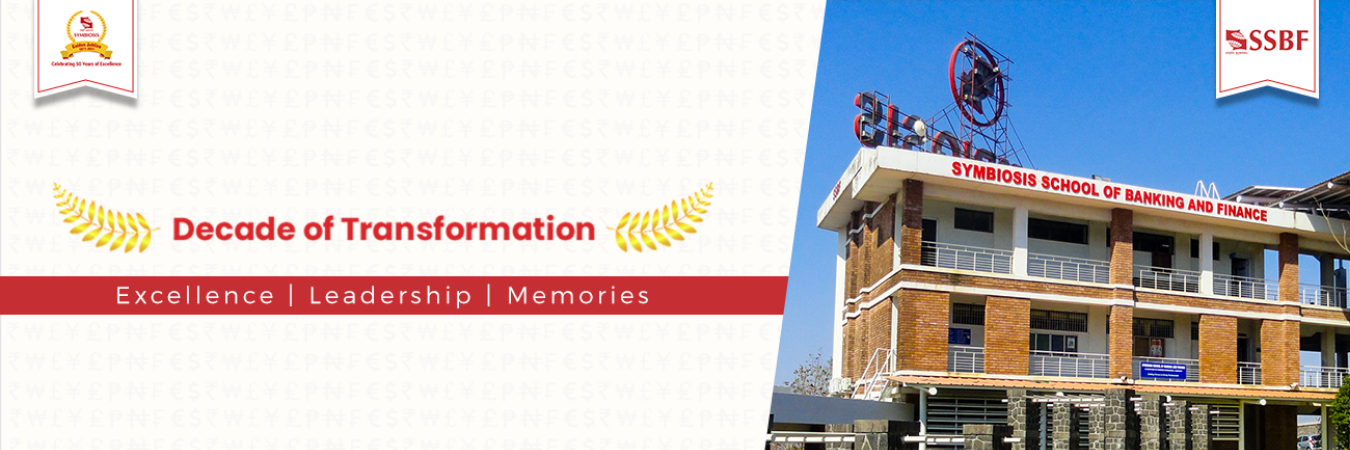Blockchain technology was introduced in the year 2008. Ever since, it has been a topic of contention as well as intrigue in almost all tech-related fields. Even in its nascent stage, it has managed to create quite a disruption in various sectors and industries. Business sectors and domains across the globe have recognised the potential advantages of this technology. It offers a wide variety of benefits including immutability, transparency and decentralisation, which can prove to be beneficial for the banking industry.
It is a known fact that hundreds and thousands of currencies are being traded and transferred from one region to another every day. The global financial system is becoming one of the most complex sectors to handle. There is no denying that blockchain technology can be applied well here. The BFSI sector is exceptionally prone to frauds and errors. This could lead to a crippled money management problem. As per a report released by Global FinTech in 2017, nearly 77% of FinTech institutes are expected to adopt Blockchain as a constituent of the entire production system or process by the year 2020. To that effect, let’s look at a few ways Blockchain can transform the BFSI sector:
1) Helps in Fraud Reduction
It goes without saying that this sector is fundamentally involved in money management. Even low-level fraudulent activity can result in high-end losses. Hence, adopting Blockchain technology is a great way to nip this problem in the bud. At the moment, more than 40% of financial bodies and intermediaries are at the risk of facing heavy losses due to economic frauds. With the incorporation of Blockchain, there is significantly reduced risk of chance of a single failure point.
Each transaction gets stored in the form of a cryptographic mechanism; which is difficult to corrupt. Also, the blocks are linked with each other. Even if one block gets corrupt, the other shows this change immediately. Hence, you can track this and stop the hacker before the issue spreads all across.
2) Helps in maintaining a better system for KYC
Anti money-laundering and Know Your Customer norms are challenging to comply with for a lot of banks and financial entities. These processes are not only time consuming but need individual scrutiny – keeping resources away from otherwise profit-centric activities. With Blockchain in the picture, these records of consumers can be held comfortably with a digitised form and can also easily be updated in real-time.
Additionally, banks need to upload all their data in the central registry so that other banks can use them too. With Blockchain technology, this would become much easier as the data would be accessible to all authorised entities.
3) Comes with a Smart Asset Tracking System
Trade finance can be quite challenging, especially when transactions need to be recorded with a proper timestamp. Supply chains across the globe have a lot of different entities involved in each step. An appropriate system of tracking for smart assets can help in competing for a proper asset management system. This can be achieved with a proper data set in possession of the bank, which can be easily attained with the help of Blockchain.
4) Use application of Smart Contracts
When you apply smart contract, it can prove this to be helpful for you in the BFSI sector. A smart contract is a self-executable code which runs when certain conditions written on it get completed. Banking systems in today’s day and age are so highly reliant on paper and outworn processes, that the need of an upgraded system has become the need of the hour. The decentralised nature of the Blockchain technology can give most banking systems the required edge.
Even though there are a lot of legalities in the banking sector, financial institutions realise how much potential the blockchain technology holds in the current scenario. The big giant in the banking sector has started conducting different tests to figure out whether this decentralised technology can be used for efficiently managing various business processes.
Faculty, SSBF








